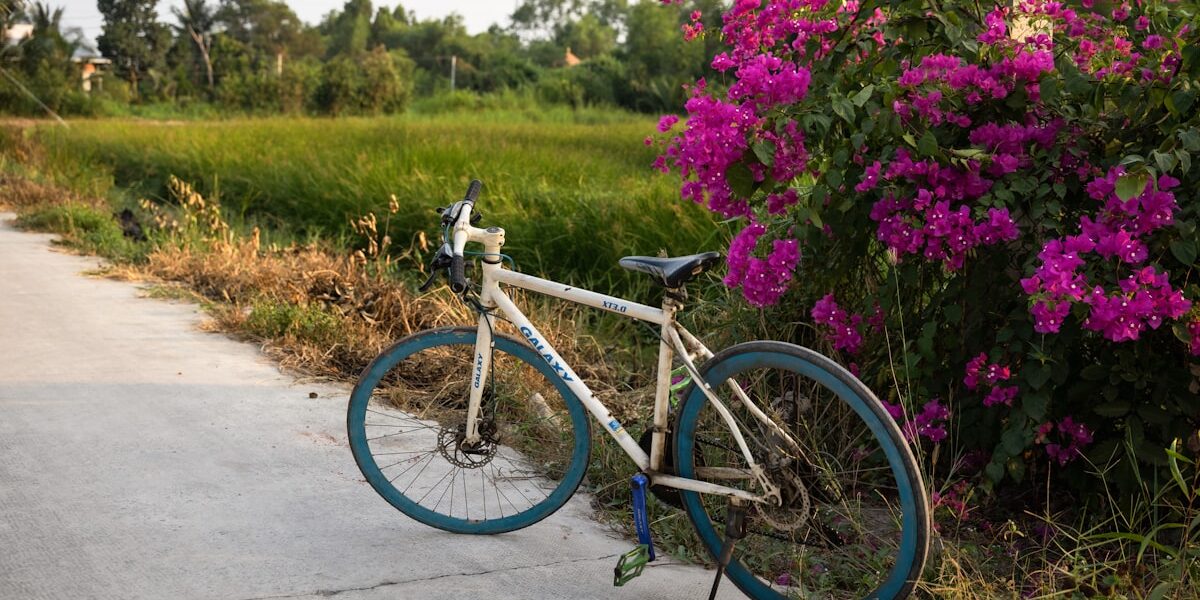Evacuation Systems
Evacuation Systems
Evacuation Systems has gotten complicated with all the information flying around. As someone who learned everything there is to know about this subject, I will share it all with you today.
Evacuation systems are critical to ensuring safety during emergencies. They encompass various processes, technologies, and procedures designed to facilitate quick and safe evacuation of people from hazardous situations. Understanding how these systems work can enhance preparedness in case of an emergency. That’s what makes this topic endearing to us enthusiasts.

Components of Evacuation Systems
Evacuation systems comprise several key components. These elements work together to ensure a seamless evacuation process.
Alarm Systems
Alarm systems serve as the primary alert mechanism. They notify occupants about immediate threats. Multiple types can be used, including audible alarms, visual alarms, and tactile alerts. Fire alarms, carbon monoxide detectors, and security alarms are common examples.
Signage and Markings
Clear directional signage is crucial. Exit signs, floor markings, and maps guide evacuees to the nearest safe exits. These should be prominently displayed and illuminated, especially in low visibility conditions.
Communication Systems
Communication systems provide instructions and updates during an evacuation. PA systems, intercoms, and mobile alerts are typical. They ensure everyone receives the same information promptly.
Evacuation Routes
Defined evacuation routes help avoid confusion. These paths should be clearly marked, unobstructed, and lead directly to safe areas. Evacuation drills help familiarize occupants with these routes.
Assembly Areas
Designated assembly areas are outside the danger zone. Everyone should gather here after evacuating. This helps in accounting for all individuals and provides a safe location for further instructions.
Types of Evacuation Systems
Different scenarios require different evacuation strategies. Here are the primary types:
Fire Evacuation Systems
These systems focus on safely removing individuals from buildings during a fire. Sprinklers, smoke detectors, and fire alarms are integral. Fire drills and escape route planning minimize panic and confusion.
Building Evacuation Systems
General building evacuations could be due to structural issues, gas leaks, or bomb threats. These systems include broader emergency messaging and may involve collaboration with local authorities.
Marine and Aircraft Evacuation Systems
Specialized systems cater to evacuations at sea or in the air. Lifeboats, life jackets, and evacuation slides are key components. Trained crew members guide passengers to safety.
Evacuation for Natural Disasters
Plans for tornadoes, hurricanes, and earthquakes are vital. Early warning systems and evacuation maps are essential. Community awareness and readiness can mitigate the impact of natural disasters.
Technological Advancements in Evacuation Systems
Probably should have led with this section, honestly. Modern technology has significantly enhanced evacuation systems, making them more efficient and reliable.
Smart Alarms and IoT
Internet of Things (IoT) devices enable smart alarms. These alarms can be controlled remotely and provide real-time updates. They also integrate with building management systems for comprehensive safety monitoring.
Advanced Communication Tools
Modern communication tools offer multiple channels for alerts. Social media, apps, and automated calls ensure widespread notification. These tools can target specific groups or areas for focused messaging.
Predictive Analytics
Predictive analytics use data to anticipate emergencies. Weather patterns, historical data, and sensor inputs provide insights. This proactive approach helps in planning and preparing for potential evacuations.
Virtual Reality Training
Virtual reality (VR) offers immersive training experiences. VR simulations help individuals practice evacuations in realistic settings. This improves response times and reduces anxiety during real emergencies.
Regulations and Standards
Adherence to regulations and standards ensures evacuation systems are effective and reliable. Various organizations establish guidelines to maintain safety.
National Fire Protection Association (NFPA)
NFPA provides standards for fire and electrical safety. Their guidelines cover fire alarms, sprinklers, and emergency lighting. NFPA 101, the Life Safety Code, is a key document for building evacuation planning.
Occupational Safety and Health Administration (OSHA)
OSHA sets standards for workplace safety. They mandate clear evacuation routes, alarm systems, and regular drills. Compliance ensures a safer work environment.
International Maritime Organization (IMO)
IMO regulates maritime safety. Their standards ensure ships have adequate evacuation systems. Lifeboats, life rafts, and muster stations are critical components.
Importance of Regular Drills
Regular drills are essential for effective evacuations. They help individuals familiarize themselves with procedures and routes. Drills identify potential issues and areas for improvement.
Fire Drills
Fire drills ensure everyone knows how to react to fire alarms. Practicing exit routes and assembly procedures minimizes injuries and property damage.
Earthquake Drills
Earthquake drills prepare individuals for seismic events. Drop, cover, and hold on exercises reduce the risk of injury. Post-quake evacuations ensure safety from aftershocks.
Tornado Drills
Tornado drills focus on reaching designated shelters quickly. These drills emphasize the importance of immediate action to protect against high winds and debris.
Challenges in Evacuation Systems
Despite advancements, evacuation systems face several challenges. Addressing these ensures better preparedness and response.
Accessibility
Ensuring accessible evacuation routes for all individuals is crucial. This includes those with disabilities, elderly, and young children. Accessible signage, alarms, and assistance procedures are necessary.
Coordination
Effective evacuation requires coordination between multiple entities. Building management, local authorities, and emergency services must work together. Clear communication channels are essential.
Maintaining Calm
Panic can hinder evacuation efforts. Ensuring occupants remain calm and follow procedures is critical. Regular drills and clear communication can reduce anxiety and improve cooperation.
Resource Limitations
Limited resources can impact the effectiveness of evacuation systems. Budget constraints may affect the availability of advanced technologies and regular drills.
Changing Environments
Buildings and communities evolve over time. Regular updates to evacuation plans and systems are necessary to reflect these changes. Ongoing assessments help address any new risks.
Future Trends in Evacuation Systems
Emerging trends promise to further enhance evacuation strategies. Staying informed about these can improve preparedness.
AI and Machine Learning
AI and machine learning can optimize evacuation strategies. Predictive models can identify potential hazards. These technologies can also streamline communication during emergencies.
Wearable Technology
Wearables can monitor individuals’ health and location during evacuations. This information helps emergency responders provide targeted assistance. Smart watches and connected devices are examples.
Integration with Smart Cities
Smart cities leverage interconnected systems for safety. Integration of evacuation systems with city infrastructure enhances response times. Real-time data facilitates better decision-making.
Biometric Identification
Biometric identification ensures accurate accounting of evacuees. Fingerprint, facial recognition, and other biometric data streamline the process. This technology enhances security and efficiency.
Case Studies
Examining real-world examples provides valuable insights into the effectiveness of evacuation systems.
9/11 World Trade Center Evacuation
The evacuation of the World Trade Center on September 11, 2001, highlighted the importance of preparedness and quick decision-making. Building evacuation plans and drills saved countless lives. Lessons from this event have influenced evacuation strategies worldwide.
Hurricane Katrina Evacuation
Hurricane Katrina’s evacuation revealed the challenges of mass evacuations. Limited transportation, unclear communication, and inadequate shelter facilities were significant issues. Improvements have since been made to address these gaps.
Japanese Tsunami and Earthquake (2011)
The 2011 tsunami and earthquake in Japan showcased the effectiveness of early warning systems. Despite the devastation, prompt evacuations saved many lives. The incident emphasized the need for community awareness and preparedness.
Guidelines for Developing Effective Evacuation Systems
Developing robust evacuation systems requires careful planning, resources, and regular updates. These guidelines can help:
- Conduct a thorough risk assessment to identify potential hazards
- Ensure clear signage and unobstructed evacuation routes
- Implement reliable alarm and communication systems
- Train employees and occupants regularly through drills
- Maintain open communication with local emergency services
- Develop and regularly update an emergency response plan
- Include provisions for individuals with special needs
- Leverage technology for real-time data and monitoring
Conclusion
Evacuation systems play a vital role in ensuring safety during emergencies. Understanding their components, challenges, and future trends can enhance preparedness and response.



